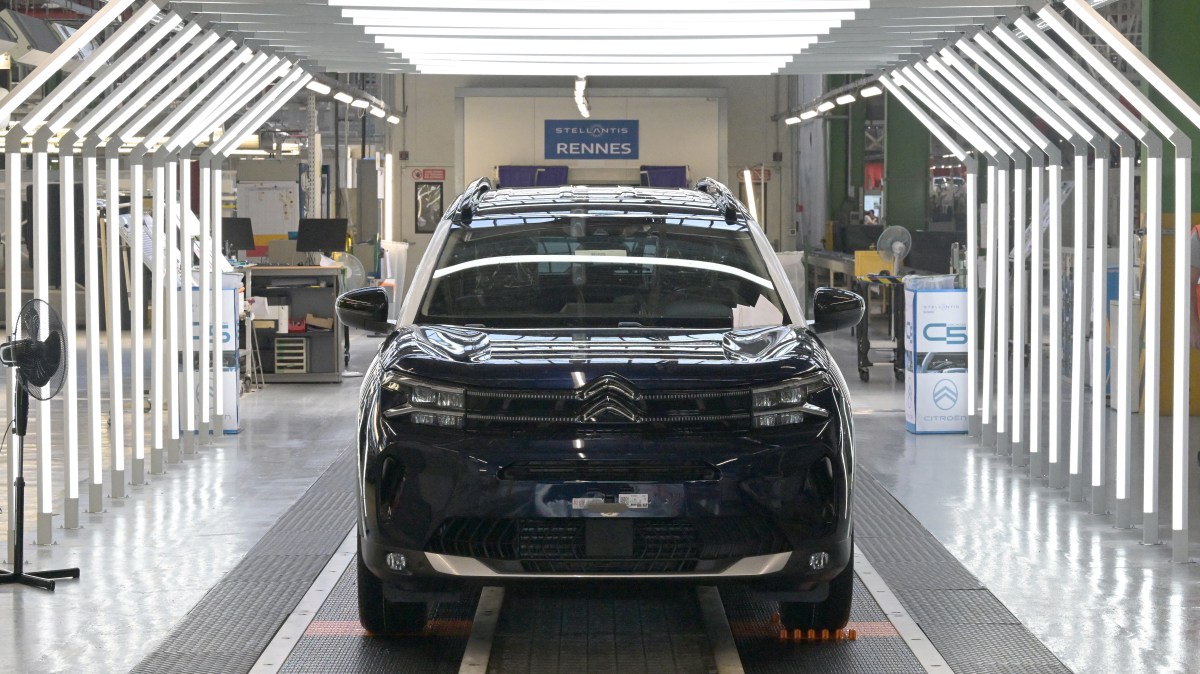The owner of Vauxhall and Fiat has warned that it expects to swing to a €2.3 billion loss over the first six months of the year, after booking heavy restructuring costs and struggling with the impact of President Trump’s global tariffs.
Stellantis, which reported a €5.6 billion profit in the first half of 2024, said it would incur €300 million in costs from trade levies and the loss of planned production as the company attempted to respond.
• Stellantis revenue slumps after fall in car sales
Doug Ostermann, the car maker’s finance chief, said that its performance had been hit by weaker demand for commercial vehicles in Europe and a slower ramp-up in production of newly launched cars.
In North America, the company lost market share and paused production immediately after the tariffs were announced in April, “until we had some clarity on the policy itself”, Ostermann said. This contributed to a 6 per cent decline in global shipments during the second quarter as it adjusted to lower production levels.
• Trump tariffs: Britain’s carmakers reel after market fallout
Pre-tax charges of €3.3 billion were also booked for the first half as Stellantis cancelled programmes, including a hydrogen fuel cell project; set aside money for fines linked to pre-Trump carbon emission regulation in America; and invested more in popular hybrid cars in Europe and large gasoline-powered models in the US market.
Stellantis, which also owns Peugeot, Citroën and Jeep, announced this month that the limited availability of hydrogen refuelling infrastructure, high capital requirements and lack of strong consumer purchasing incentives meant it would scrap its hydrogen-powered vehicles.
• After the hype, is hydrogen truly ready to take off?
The warning of a loss at Stellantis comes after Renault this month lowered its guidance for the year, citing weaker than expected sales in June.
The hydrogen decision marked a significant turnaround for Stellantis, which in 2022 announced what is said would be the first manufacturing plant in the world to produce hydrogen-powered electric vehicles.
The company suspended annual performance guidance in April after Trump’s tariffs were introduced.
Philippe Houchois, an analyst at Jefferies, said the car maker’s figures were “worse than consensus” but that “poor numbers were anticipated”.
Antonio Filosa, Stellantis’s chief executive, promised “a year of gradual and sustainable improvement” for the company after a “tough first half, with increasing external headwinds”. He was appointed to the role in May after weak performance in its core American market last year forced the departure of Carlos Tavares, its former boss.
The shares closed €0.12, or 1.5 per cent, higher at €8.40 in Amsterdam.
